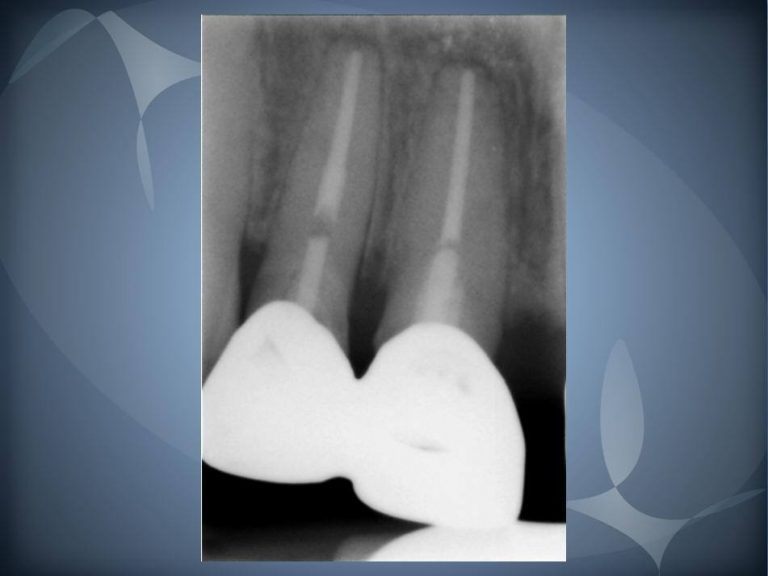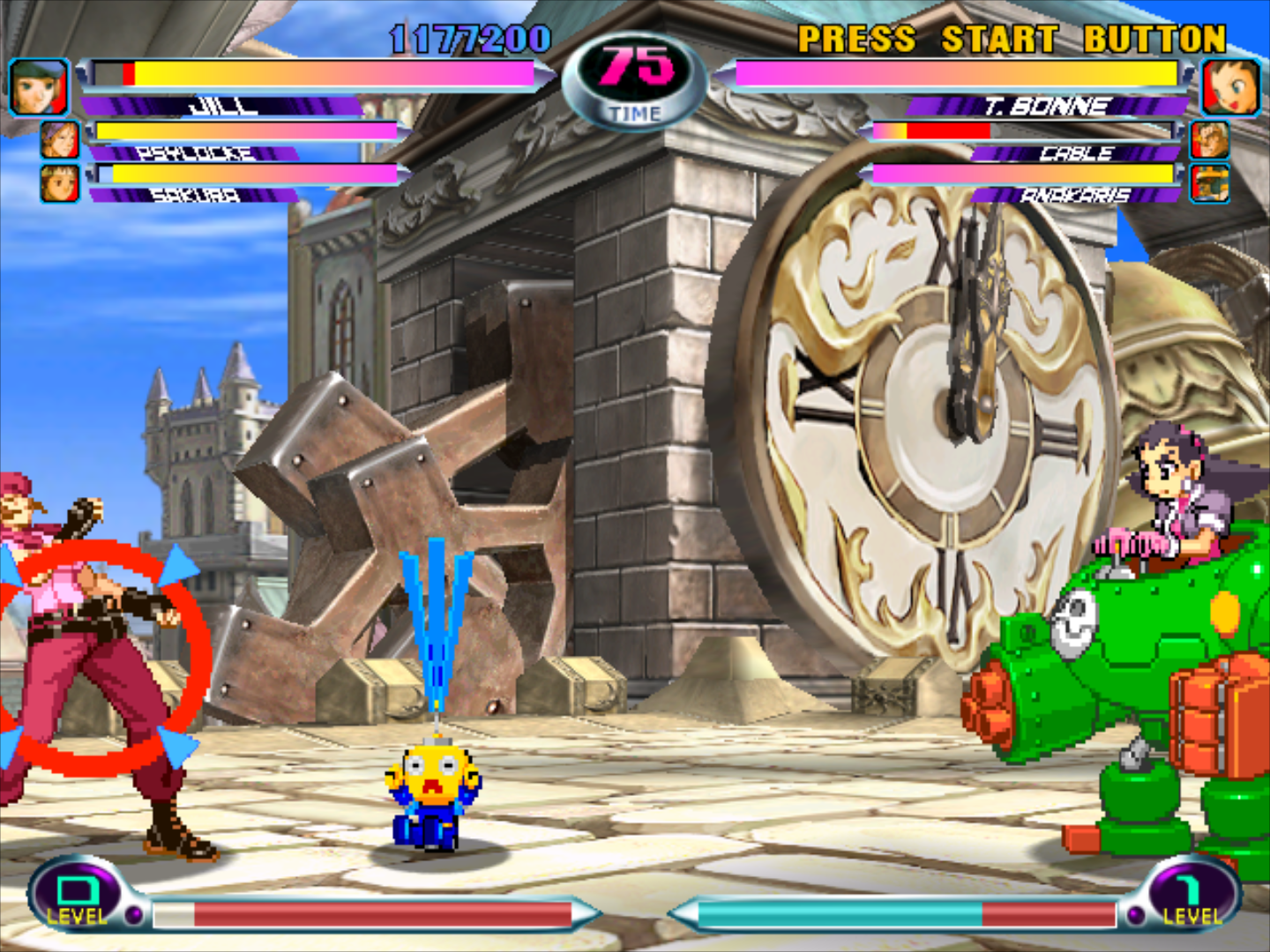

- #Retroarchnew core driver
- #Retroarchnew core full
- #Retroarchnew core Pc
- #Retroarchnew core ps3
- #Retroarchnew core download
When you rip a PS1 game, you should always make sure that you do it into the BIN or BIN/CUE format.
#Retroarchnew core full
Some games may work without a BIOS, but for full compatibility we highly recommend one. If you’ve followed up to to this point, your controller is ready to use, and you’ve acquired the PS1 bios file(s) that you’ll need to play your games. Note that the BIOS file names are case-sensitive, so need to be written without caps, and suffixed with ‘.bin’. You can check the default directory that Retroarch scans for BIOS files under “Settings -> Directory -> System/BIOS”. What we can tell you is that the most common bios files are:
#Retroarchnew core download
PS1 bios file corresponding to the global region of the game you want to play (US, Japan and Europe being the most common), placed into the ‘system’ folder of RetroarchĮxpanding slightly on the note of BIOS files, we can’t legally tell you where to download these.
#Retroarchnew core Pc
#Retroarchnew core ps3
I recommend a PS3 pad for that authentic control experience or an Xbox One pad for better support. PS1 BIOS, Gamepad, and Other Things You Needįor optimal RetroArch PS1 emulation, you’ll want the following: Some emulators, however, are actually made just for RetroArch, and because of this they may even be better than modern standalone emulators on the scene. RetroArch’s emulators, called “cores,” are generally ported emulators from other developers in the scene. Emulating games on PC usually means a full emulator and different program per platform, but RetroArch can actually emulate quite a large number of systems, all within a single program. This will be fixed later some kind of onscreen cursor should have to be shown as well in non-windowed mode.RetroArch isn’t an emulator in and of itself – think of it as a hub for emulators and media accessible under a single, unified interface. Touchscreen / mouse support is very premature so far and does not really work well.And savestates don’t seem to be implemented in upstream either, so not much that can be done about it. There are still some things which are not fully implemented in this version.

The upcoming version of RetroArch (version 1.6.1) might make it unnecessary to toggle this, saving you the hassle of having to do this. Once inside the ‘Core’ settings, set ‘Enable Shared Hardware Context’ to ON. Now, go back, and go to Settings -> Core. Go to Settings -> User Interface and turn ‘Show Advanced Settings’ on.


In addition to this, Citra also demands right now a shared hardware context so that fullscreen toggling works reliably. Just going to take a little bit of time before we sort this out. Please be patient and keep the faith, we have not forgotten about macOS users and we have not relegated them to second-class citizen either. We will have to add support for this to a future version of RetroArch on macOS before this core will start to work on it. This is because this core requires OpenGL core 3.3 context, and RetroArch on macOS currently does not support this. Note for macOS users: There is currently no ‘working’ macOS version available.
#Retroarchnew core driver
If your GPU driver doesn’t support that, you’re out of luck unfortunately. The Citra core is currently available for:įurther requirements: This core requires OpenGL 3.3 or higher in order to work. This is an in-development Nintendo 3DS emulator. Citra is now available as a libretro core! This port was made singlehandedly by developer j-selby and is already at a pretty impressive state of development.


 0 kommentar(er)
0 kommentar(er)
